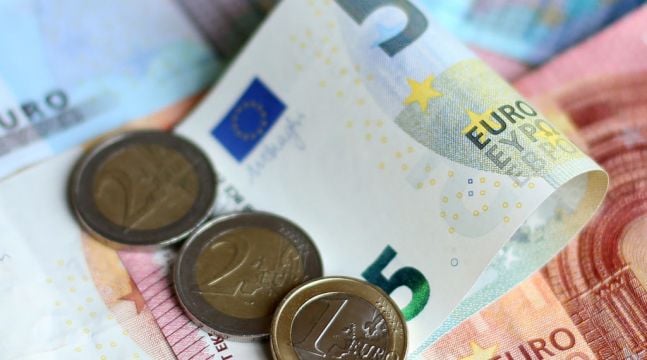Despite emerging unscathed from the challenges posed by Covid-19, Ireland's economic recovery will suffer a dent on account of rising inflation and global market uncertainty triggered by Russia's war in Ukraine, the Organisation for Economic Co-operation and Development (OECD) said on Tuesday.
The State's budget position will balance this year on account of "extraordinary corporate tax receipts", according to the latest OECD Economic Survey of Ireland.
However, major investments are required from the State to deliver affordable housing, greenhouse gas emission reduction targets, and address long-term "fiscal risks" arising from health and pension costs of an ageing popualtion.
The State's GDP is forecast to grow by 3.8 per cent in 2023, the agency said, down from 10.1 per cent this year.
Inflation reached 9 per cent in November, driven by a significant uptick in the rise of energy prices. Falling real incomes and low consumer confidence will reduce remand in the economy going forward.
The report said that Ireland's resilience to the economic fallout of Covid-19 and the war in Ukraine was "the fruit of the country’s progress of recent decades in developing its economy and raising living standards".

"Ireland has made impressive progress in developing its economy and raising living standards,” OECD Secretary-General Mathias Cormann said. "Structural reform efforts should now be stepped up so that Ireland can maintain these socio-economic gains in the face of long-term fiscal risks from rising costs related to ageing and the need to increase resilience to future shocks."
Speaking to RTÉ, Minister for Finance Paschal Donohoe said the organisation's view is broadly consistent with the Government's view of how the Irish economy will perform in the time ahead.
"Despite everything we think for this year we're going to have another strong year of economic growth, and indeed, employment growth," he said.
"But as we move into next year, we do, for reasons that are beyond our control, expect to see that performance subdue."







